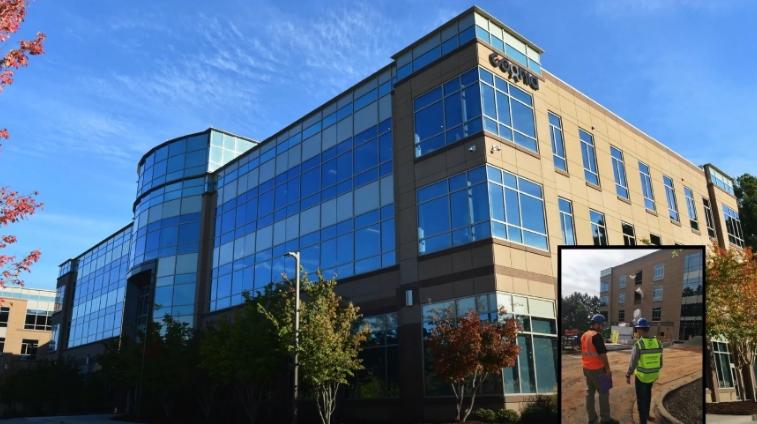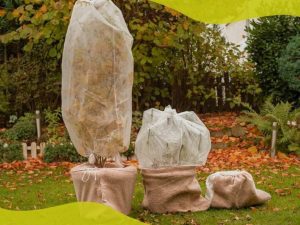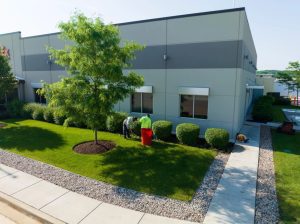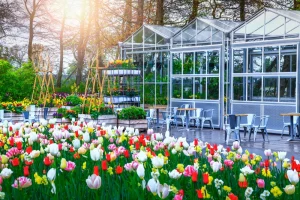10 Top Reasons to Plant a Tree this Fall!
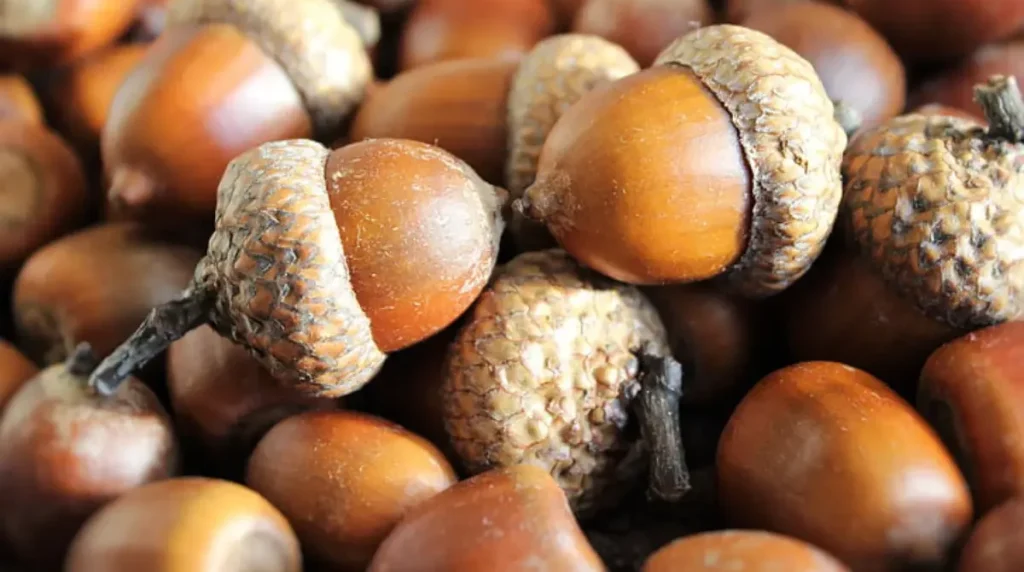

Here’s a shocking recommendation that makes quite an impression on Crabapple’s customers: “Plant acorns on 40 foot centers.” This graphically contrasts the size of a small seed or seedling plant with the depth and breadth of a mature oak.
When a shade tree is planted, it is for future generations to enjoy. Most people like trees and relate to them on a personal level, so here are some reasons to plant a tree this fall.
- Trees increase property values by softening harsh outlines of buildings, screening unsightly views and providing brilliant fall color. Slow-growing, small ornamental trees are intrinsically valuable. Trees add beauty and grace to any community setting, making life more enjoyable, peaceful, relaxing. Trees offer a rich inheritance for future generations.
- Trees reduce air conditioning utility bills for cooling during summer heat an average of 33% percent through their shade and respiration, providing natural “low-tech” cooling. This reduces the need to build additional dams, power plants, and nuclear generators. Deciduous trees provide passive solar temperature regulation, providing shade in summer, but offering light during winter.
- Tree shelters and windbreaks reduce heating bills in winter, increase snow entrapment, wind reduction and wildlife habitat. Living snow fences hold snow away from roads, keeping roads open and reducing road maintenance costs. Tree shelters for wildlife habitat and livestock reduce weight loss during cold winter months and provide shade for moderating summer heat, along with significantly increasing crop yields compared to fields with no windbreaks. Windbreaks create a more favorable micro-climate for cropland by reducing wind and heat stress on the crop, while preventing topsoil loss and reducing soil moisture losses.
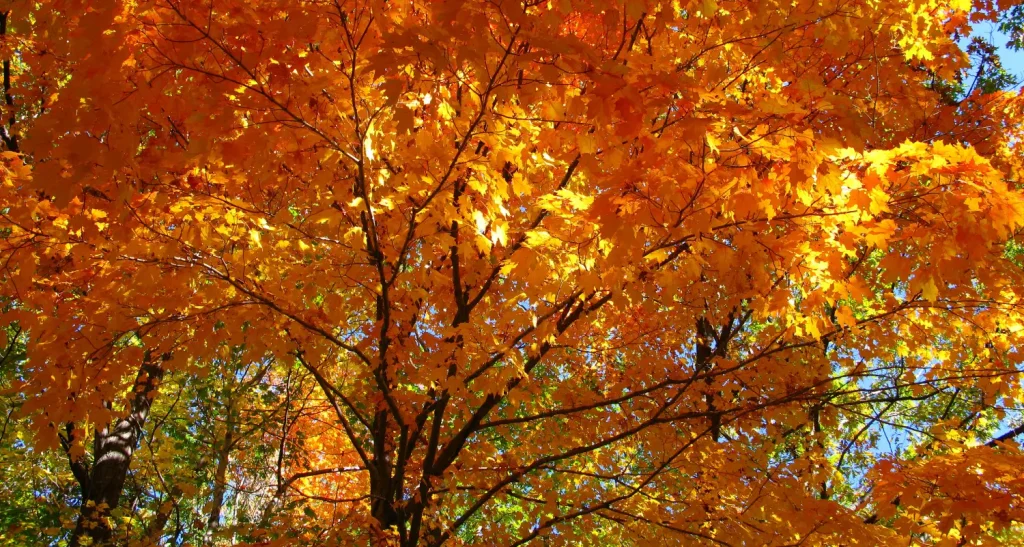

- After leaves drop to the ground in autumn and are raked, they provide excellent mulch for flowerbeds and gardens, as well as exercise for people raking them.
- Trees help reduce stress in the workplace, increase the speed of recovery of hospital patients and instill community pride.
- Forests provide summer and winter range for migratory birds.
- Trees reduce soil erosion and water pollution, help recharge ground water and sustain stream flow. Forests provide watersheds for lakes and ponds.
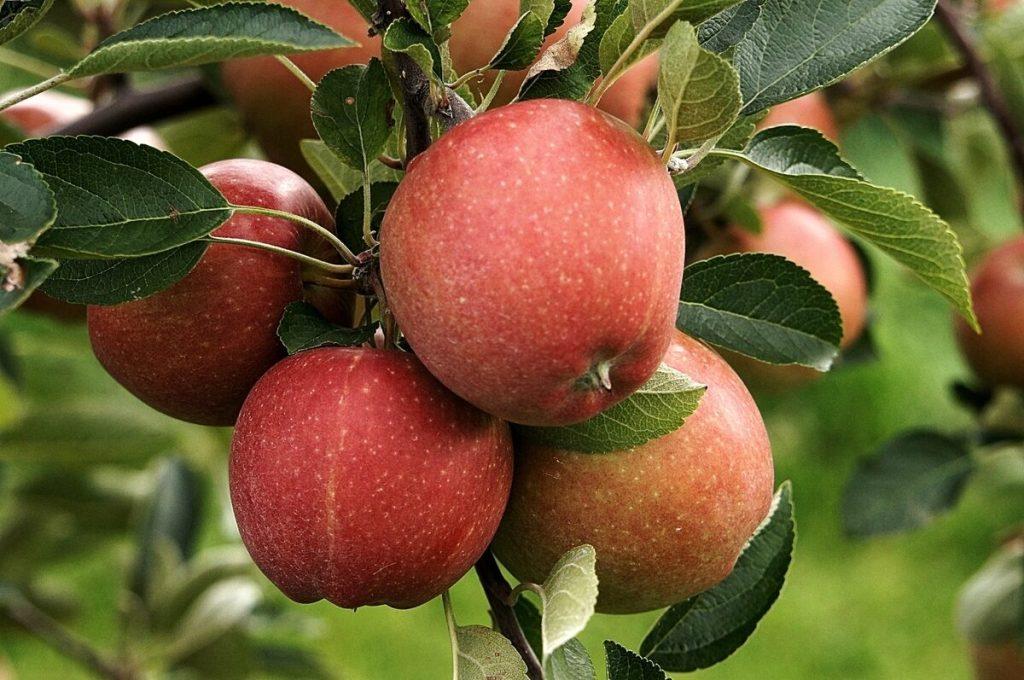

- Trees provide nutmeats (pecans, walnuts, hickory, hazelnuts), fruit (peaches, apples, plums, persimmons), berries for jams and jellies (cherries, chokecherries, buffaloberries), and maple syrup, in addition to pharmaceutical products (for example, Taxol from Taxus or Yew trees in the Pacific NW has been successful in fighting breast, ovarian and lung cancer).
- Fast growing trees provide fuel wood for stoves and fireplaces by establishing a continuous supply of energy plantations, while managed forests provide pulpwood, lumber, plywood, veneer and other wood products on a sustained yield basis.
- Trees alleviate the “Greenhouse Effect” by absorbing carbon. A single tree absorbs about 13 pounds of CO2 per year, and one acre of new forest sequesters around 2.5 tons of carbon annually. Planting 100 million trees in the U.S. would reduce the amount of carbon by an estimated 18 million tons per year.
So why not pick out a tree and have Crabapple LandscapeExperts plant it for you this autumn?

